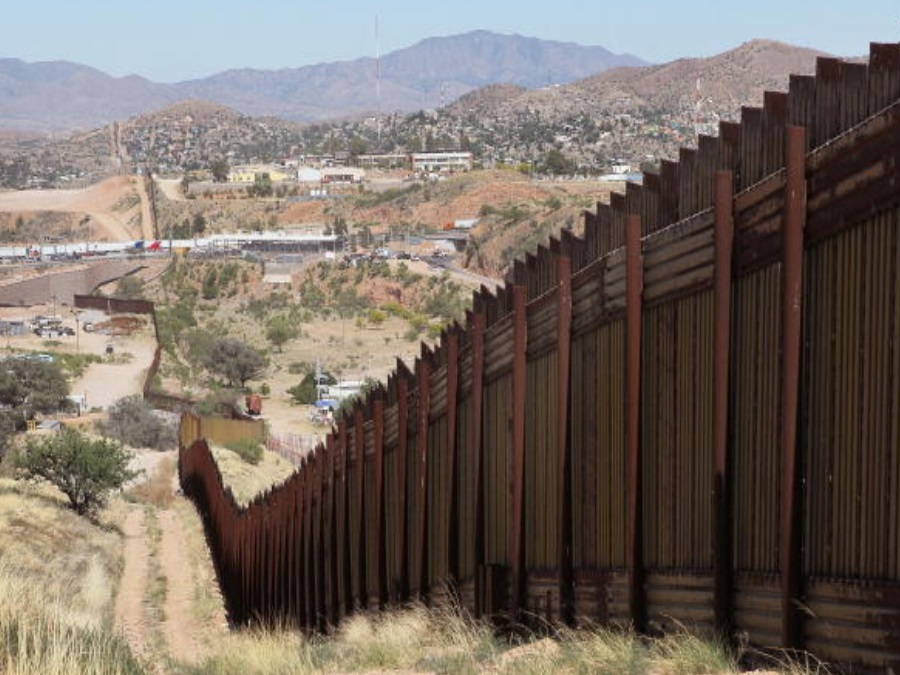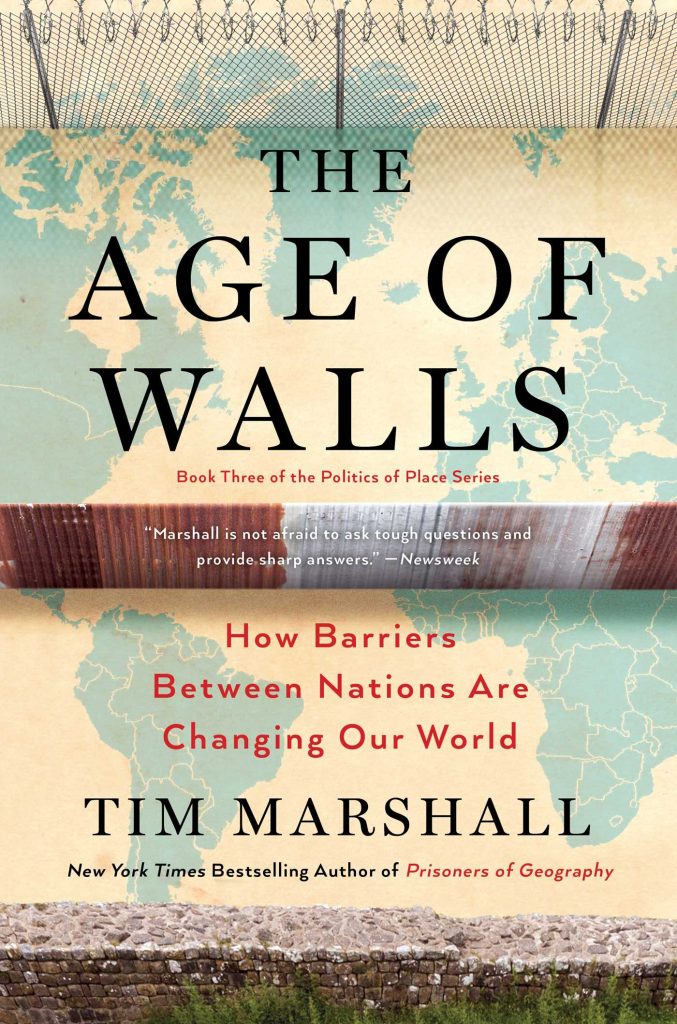Australia/Israel Review
Biblio File: Wall to Wall
Dec 3, 2018 | Michael Rosen

 The Age of Walls: How Barriers Between Nations Are Changing Our World
The Age of Walls: How Barriers Between Nations Are Changing Our World
by Tim Marshall, Scribner, 288 pp., $26
“We weaken our greatness,” the late US senator John McCain wrote in his farewell statement, “when we hide behind walls, rather than tear them down.”
This theme – that we are morally obliged to demolish the barriers dividing us – is also that of Tim Marshall’s new book, The Age of Walls, which, while cleverly constructed and elegantly argued, devalues the protective function of walls and at times unfairly impugns the motives of those who build them.
Marshall, a longtime foreign correspondent for the BBC and Sky News, argues that “walls tell us much about international politics, but the anxieties they represent transcend the nation-state boundaries on which they sit.”
He opens by contrasting the separation barrier on the West Bank, which he hyperbolically labels “among the most forbidding and hostile in the world,” “overwhelming and dominating,” and a “blank expanse of steel and concrete,” with the 1989 fall of the Berlin Wall, an event that heralded “a new era of openness and internationalism.” The building of the Israeli wall signifies a “fortress mentality” to which the world has returned of late: Half of all border walls erected since World War II have gone up in the last 18 years, he reports.
Marshall discusses walls meant to control migration, as in the United States, Europe, and India; to promote nationalistic unity, as in China, the UK, and Africa; and, more nebulously, to signify “the intersections of religion and politics,” as in the Middle East.
He nicely encapsulates a history of China from the Great Wall (“only ever partially successful militarily” but “a symbol of defence, of dividing the Han [Chinese] from the ‘outsiders’”) to the Great Firewall (how today’s China sets the boundaries of acceptable expression on the Internet).
But his analysis falters at the US-Mexico border. Marshall suggests that fear of the cultural “otherness” of foreigners fuels the “Build That Wall” crowd – and there does indeed appear to be an ethno-racial motivation driving its fiercest advocates. Yet every country, including the United States, is entitled to determine who may and may not enter its borders; every nation has deployed immigration policy to preserve its culture, values, and unique national character.
On the other hand, Marshall’s look at the seething cauldron of identity and religion in Israel, Palestine, and the broader Middle East is balanced and nuanced. He penetrates the fog of Kumbaya nostrums, correctly observing that “liberal democracy, as understood in the West, does not exist in Palestine” and that “governments in the Middle East have only ever used the Palestinians as political tools, while discriminating against the refugees they host and ensuring that they remain in squalid camps.” He also astutely recognises that the theory that resolving the Israel/Palestinian conflict would usher in regional peace, long regnant among the bien-pensant foreign policy establishment, “has been blown apart by the convulsions of the Arab world over the last few years.”
At the same time, however, he bafflingly doubts that Israel’s security fence in the West Bank has saved thousands of lives. And he strangely blames US President Donald Trump’s relocation of the US embassy to Jerusalem for phantom “unrest throughout the region.”
Marshall is at his most interesting in describing less well-reported border conflicts, including India-Bangladesh, where the bloody history of East Pakistan still resonates; the “wall of sand, of shame, and of silence” in Morocco and the western Sahara demarcating the tribal and linguistic boundaries in North Africa; and even Welsh and Cornish separatist movements. Unfortunately, these passages occupy all too little space in his wide-ranging book.
More importantly, Marshall’s studied distrust of boundaries and those who construct them leads him astray. His fear of a dystopian world riven by millions of miles of border walls (in his view, “our worst nightmare is a future in which we retreat into our various enclaves”) eclipses his learned, though at times tendentious, retelling of how and why they were established – and will remain.






